Pole To Win is making a comeback in the world of game debugging. The process of debugging is essential for game development – no matter how good a game’s concept may be, a single fatal bug can lead to poor reviews. There aren’t many companies entering the debugging industry, and competition has been fierce among existing ones. Against this background, Pole To Win has once again become a leader.
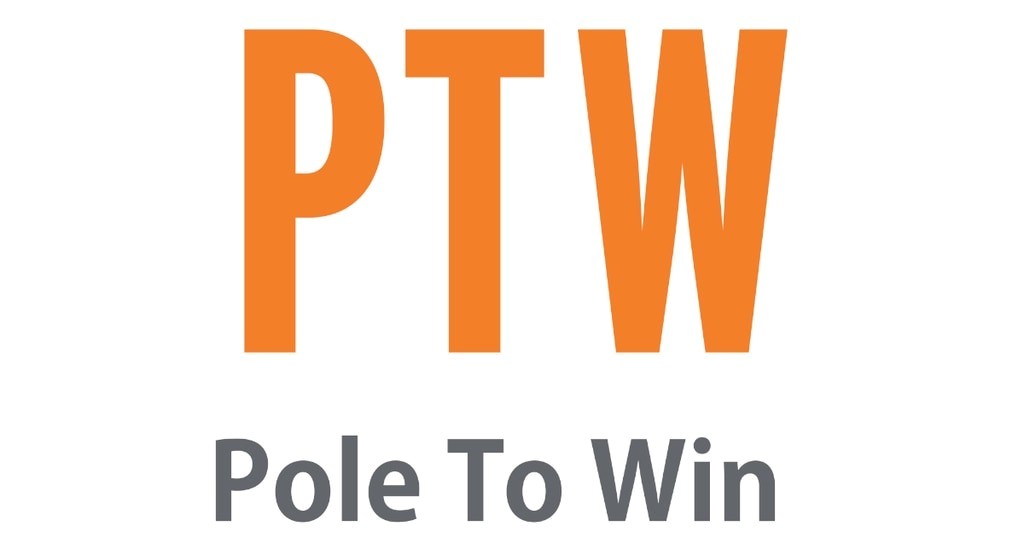
With the growth of their operations, Pole to win are looking to expand their team. They are currently looking for individuals interested in the following positions:
Video game and entertainment department customer support team leader (Nagoya, Japan)
NFT and blockchain debugging team leader (Nagoya, Japan)
Pole To Win, Inc. (PTW) was established in 1994 in Japan and has since gained a high share of the market in areas such as game debugging, QA testing, monitoring, and customer support. Currently, in addition to its head office in Nagoya, the company has offices in more than 20 locations across the country, with over 5,000 employees.
However, it seems that PTW has been doing particularly well of late. To begin with, PTW is an old leader in game debugging, but had been losing market share up until recently. It seems that there was a ten-year period in which the company lagged behind its competitors, but what were the factors behind its recent comeback? We asked Kazuaki Shimura, PTW’s COO (Chief Operating Officer).
──Please introduce yourself.
Kazuaki Shimura (hereinafter referred to as Shimura):
My name is Kazuaki Shimura. I currently serve as COO and Director of Pole To Win. Before joining PTW, I worked as a graphic designer. After quitting my previous company and becoming a freelance designer, I wanted to stabilize my income. Therefore, I registered as a contractor at PTW, which was coincidentally located near the house I lived in at the time. That’s what got me started.
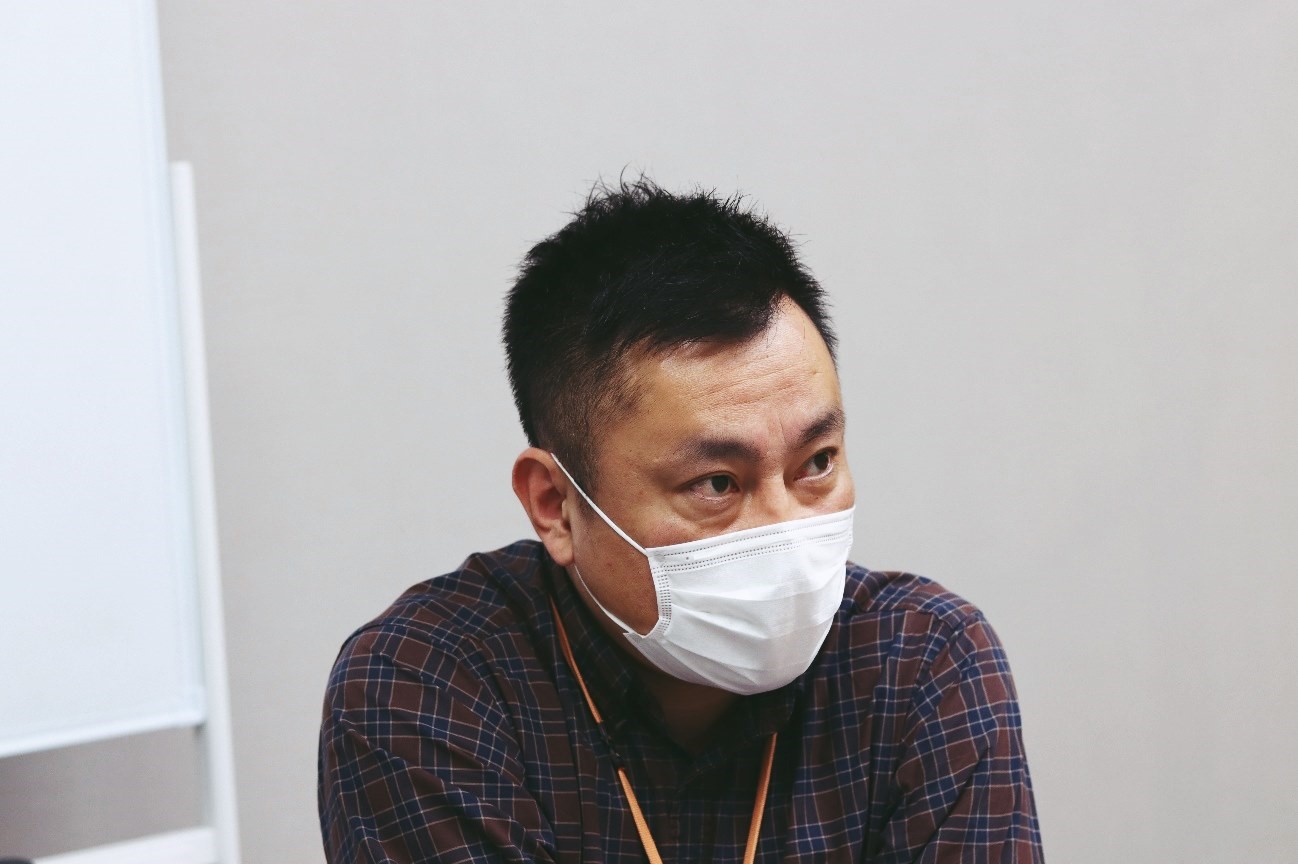
──So your career developed from a part-time job?
Shimura:
To put it simply, yes, although my employment was in the form of a contractual agreement as a sole proprietor, so formally speaking, I was not a part-time employee.
──Thank you very much. Could you tell us about what kind of company PTW is?
Shimura:
Two years ago, we merged with PITCREW and QUR (Quality Up Responsibility), and currently offer a wide variety of services. Our primary business is game debugging, but we do other work as well. For example, we have seen significant growth in the areas of game customer support, verification work, and embedded software testing in recent years. We also provide a wide range of services other than those related to games, such as server monitoring, server construction, post monitoring, and advertising review. Of course, we also provide chat support, email support, and call center services. Furthermore, we provide introduction services for foreign human resources. These are the general operations and services of PTW.
──You offer a wide range of services. In which field do you have the largest scale and market share?
Shimura:
Speaking in terms of scale, our biggest is game debugging. Next is post monitoring, followed by review.
──Thank you. Next, could you tell us about your debugging work? For example, what kind of clients do you work with?
Shimura:
We actually have a list of some of our main clients displayed on our company website, so you can see from there.
A sense of urgency that led to growth
── I heard that the reason you joined us for this interview was because PTW’s debugging business has been growing recently. Is that true?
Shimura:
Yes, it’s true. As the development market becomes more active, we get more orders for debugging. Some of our growth is due to this increased demand, but it’s also due to the various measures we implemented finally bearing fruit. Our current position allows us to “take a piece of the competition’s pie,” and I think we are gradually gaining ground.
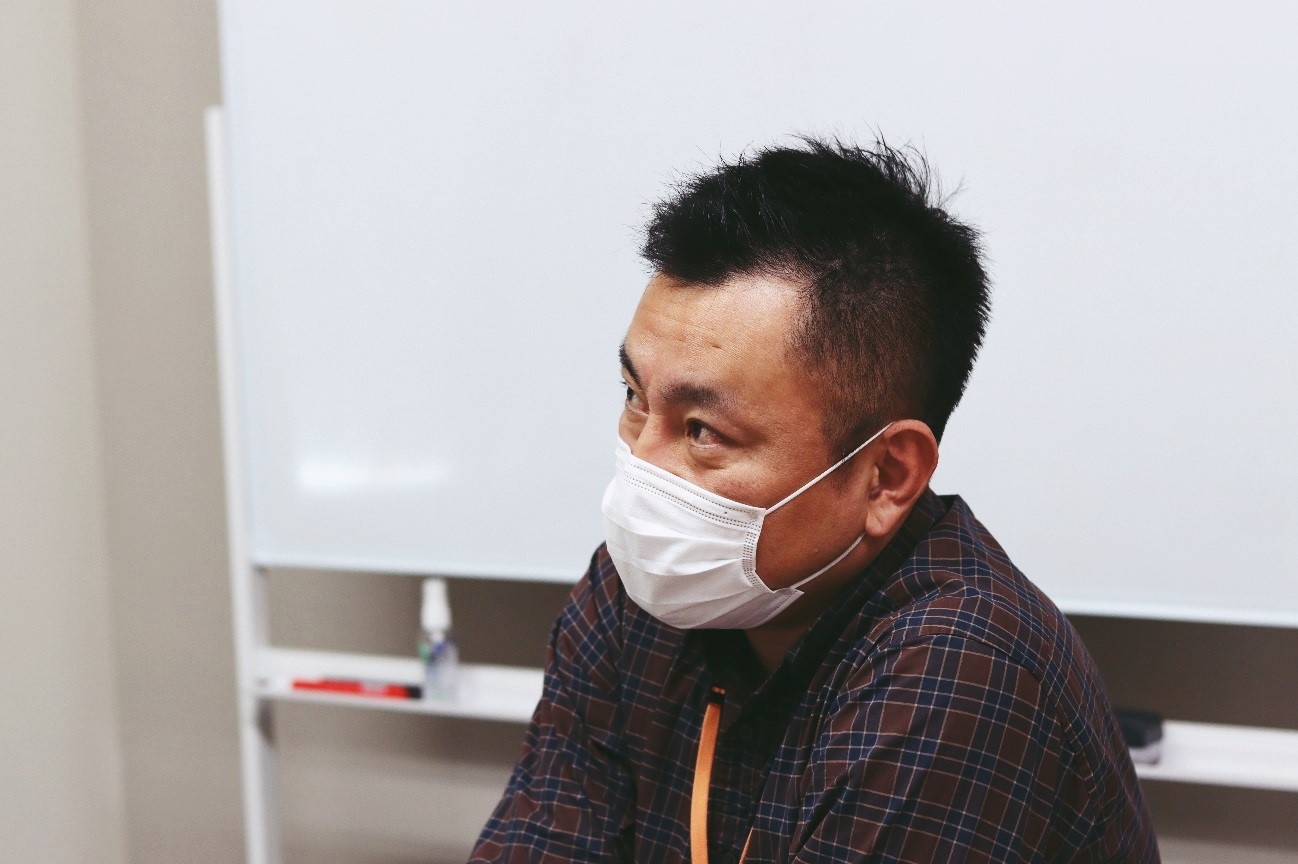
──What are the factors behind PTW’s improvement?
Shimura:
There are several factors that come to mind, but I think the biggest one was the (previously mentioned) merger two years ago. The merger led to a sudden change in company policy. Previously, PTW was a very defensive company, for better or for worse, but with the merger, we changed our mindset to be more offensive. This was an initiative led by the CEO, Tachibana, so it was a very big deal.
──What exactly does it mean to change from a defensive to an offensive approach?
Shimura:
Simply put, the way we spend money has changed. Until about 10 years ago, our focus was on cutting costs as much as possible, meeting sales goals and securing sufficient profits.
──This tends to happen with B2B services.
Shimura:
There is a tendency to move towards reducing costs by all means. For example, employees may continue to use low-spec PCs or use security as an excuse to keep updates to the OS they work in to a minimum, which sometimes actually worsens work efficiency. We decided to invest money in these kinds of things and make improvements. Improving our work environments to raise the quality of debugging was one form of offense we took.
This also applies to sales – since our game debugging was limited to three or four outsourcing companies, we were in an environment where we would naturally get work just by waiting around. To change this stance and strengthen our branding, we are implementing improvements to our public relations, marketing and methods of appealing to the market.
Of course, for us to do this, it is not enough to rely on our existing human resources alone, so we are actively recruiting experienced people. Additionally, due to the merger of our three companies two years ago, we have undergone major organizational changes. For example, the current head of debugging did not originally work at PTW, but was a general manager at PITCREW before the company was integrated. We were able to regenerate in a good sense, and we reshuffled talented personnel. This was one of the ways that we were able to improve our organizational strength through the merger.
Overcoming “10 years of struggle”
──It seems rare for a company of PTW’s size to change its policy so drastically. What was the motivation for reform?
Shimura:
I think a certain sense of urgency motivated us. Until about 10 years ago, PTW was the industry’s number one game debugging company. Unfortunately, from that point on, we misjudged the right policy to follow, which caused us to lose our position.
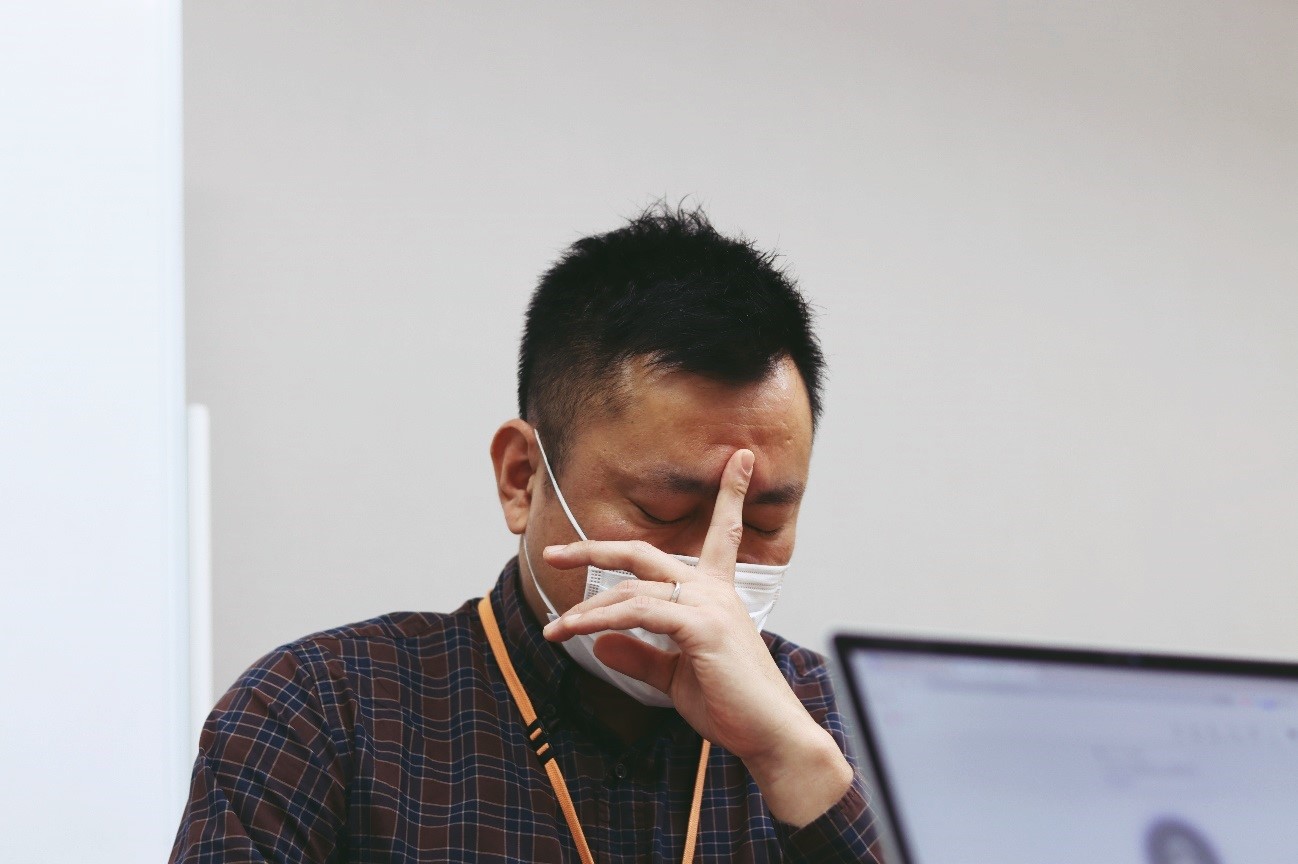
──What do you think went wrong?
Shimura:
To put it simply, we did not predict that the mobile gaming market would grow to this extent. At a time when people were switching from so-called flip phones to smartphones, we focused on quality assurance for the pachinko/pachislot industry. The pachinko industry was at its peak at the time, so we focused on that, but that was a big mistake.
On the other hand, smartphones have rapidly spread and developed. One of our competitors, let’s call them “Company A,” suddenly focused their efforts on mobile game quality assurance, which allowed them to stand above the others for the knowledge they acquired. Our company was about two steps behind them. In the following few years, Company A easily overtook us in the mobile game world.
At that time, PTW was far ahead of other competitors in fields other than mobile games. That means that in terms of total performance, PTW was only slightly behind Company A. If we had taken action earlier, we might have been able to recover more quickly. However, perhaps because of the arrogance we developed from being No. 1 in the industry for such a long time, we had unsubstantiated confidence that a difference of this degree could easily be reversed.
From there, to put it simply, we just kept on losing (laughs). Quality assurance for pachinko/pachislot was steadily decreasing, and we were late to enter the world of mobile game QA. Therefore, we were lagging behind our competitor Company A, which had entered the market earlier, in terms of human resources and connections.
── So, since there were many venture companies involved in the development of mobile games, PTW as an old company, was unable to take advantage of its connections, then missed out on opportunities, and lost contact points with these emerging companies.
Shimura:
Yes, that’s right. As the growth of the pachinko/pachislot industry slows down, the mobile game continues to grow, and quality assurance follows a similar trend. It was only five or six years ago that we finally realized that it was a bad idea to keep focusing our energy on the pachinko industry while our competitors continued to thrive in the mobile game industry.
This is what finally led to a slight change in our policy. Naturally, we decided to focus on mobile games. PTW was strong in consumer quality assurance, so this is the area we chose to pursue, and we were able to make some headway.
However, the mobile game field remained tough. Mobile games themselves were starting to peak out and were not growing so much anymore, and the pachinko/pachislot field was also becoming increasingly stagnant. I had been transferred to PITCREW four years ago, so I don’t know the details, but I heard that PTW’s sales growth had slowed down for about four years, and it seemed that no matter what they did, it was not going well. I think that the CEO himself felt that this was a bad situation, and this was a major motivation for the management integration and reorganization.
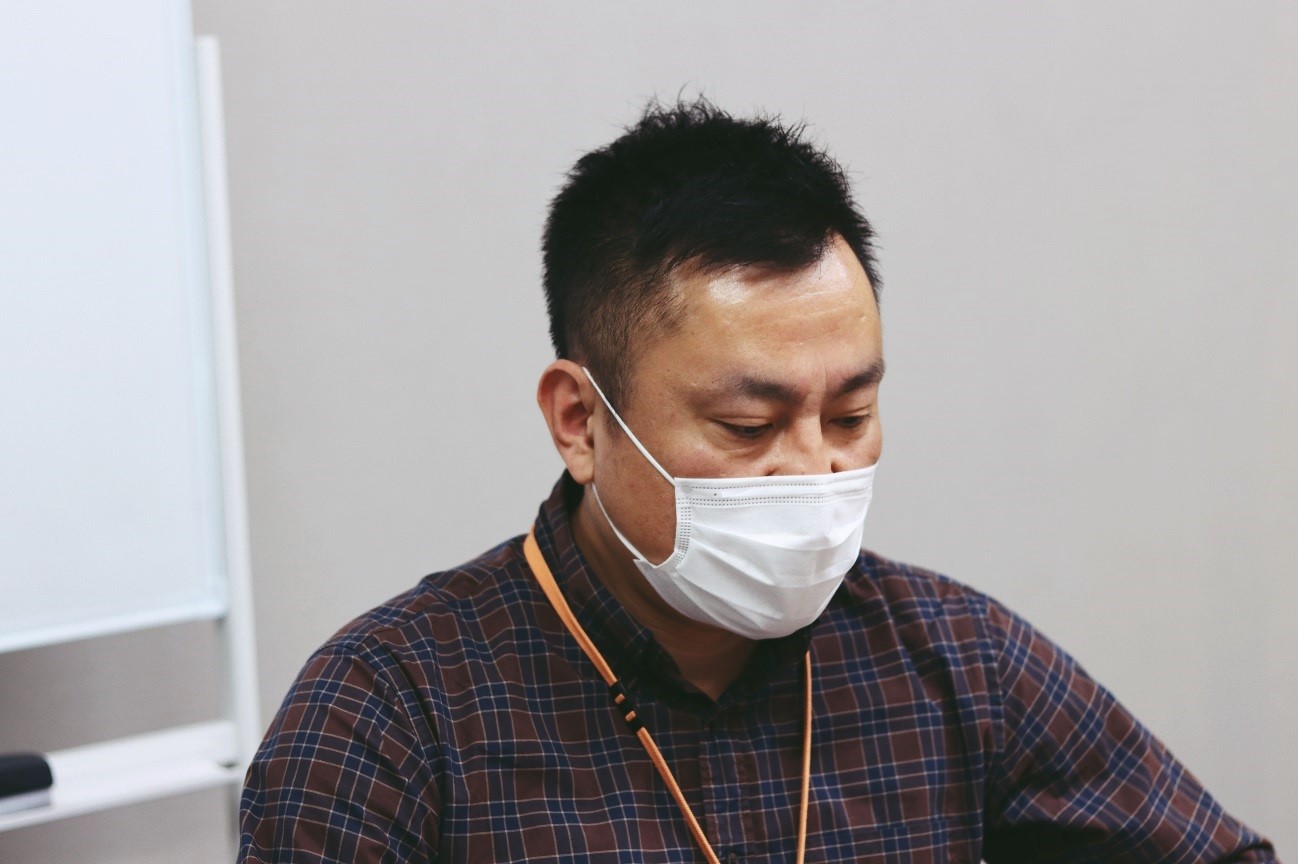
Developing talent and focusing on quality
── Have you been able to feel things improve for PTW on your own skin?
Shimura:
One thing I feel directly is that the opinions of our customers have changed. I have the opportunity to hear from our customers, and since last year, we have been receiving increasingly positive evaluations from them.
──What do you think is being well received? Is it speed or quality?
Shimura:
I think quality is a big factor. In particular, we have put an overwhelming amount of effort into the guidance and training of staff in leading positions over the past two years, and I feel that this has paid off greatly. Until about 10 years ago, debugging was based on each person’s personal experience and instinct. This was a time when we had no concept of creating test plans based on the basics of QA.
In an effort to improve this area, we have been working to raise the quality of our training since last year, including encouraging leaders to obtain JSTQB (Japan Software Testing Qualifications Board) qualifications. In fact, dozens of our staff have earned this certification.
I also believe that streamlining operations can lead to improved quality. The first year after the merger, we were in a “preparation stage,” and did not quite get the results we had hoped for. However, in the second half of last year, the number of successful projects increased, and I could really feel that our quality was improving.
──In terms of improving quality assurance efficiency, attempts have been made recently to automate testing using AI. Is PTW also responding to this trend?
Shimura:
We have teams conducting research, however, as far as using AI for game quality assurance goes, I think it can be done to certain extents when the environment and development engine are fixed. But with the current situation in which game environments and engines differ depending on the client, I believe that it is quite difficult to create a versatile AI. Although we are progressing with technological research, we still believe that having trustworthy human resources is crucial.
──What are the issues that PTW is currently facing?
Shimura:
One problem is that we are not getting a lot of projects for mobile games, especially large titles. As a development company, once you have decided on a subcontractor, you cannot simply replace it, so the fact that we were late in making a break in the industry is still affecting us. The current mobile game industry is saturated, and titles at the top of the rankings have remained unchanged for one to two years. This makes it difficult to create new large-scale games that can break into the rankings. In that case, our means to narrow the gap with the competition in the mobile game field are quite limited, and that is a difficult point.
Of course, we’re not idle about it – we are working to improve quality, including human resource development, by establishing a department specializing in mobile games and consolidating human resources. We have also externally recruited experienced staff for leading positions. The mission our project leaders are tasked with is raising quality and making high quality PTW’s brand.
Simply put, our goal is to create a team that is better than the client’s in-house quality assurance team. To do that, we need to reset the way PTW’s QA has been done so far and encourage staff to make breakthroughs that will set them apart from the competition.
── It is very interesting that you have a department specializing in mobile quality assurance. Certainly, clients would also be interested. Was the merger of the three companies a big factor in being able to organize such a team?
Shimura:
That’s one thing, but I think the CEO’s policy is the most important factor. Tachibana himself is very conscious of improving the organization and making it more open, and we are following suit. His stance is, “If anyone has something they want to do, regardless of their position, they can form a project team and move forward with it.” In fact, many of our project teams have been created because of this.
For example, we have a project team for remote work, and I have started a project to solicit new business ideas, and we also have a fan test project team. These efforts will lead to strengthening of our existing services, and in some cases, they will support sales by creating new services that can be used as trump cards.
PTW aims to become the “No. 1 brand in the industry”
── PTW is currently doing well due to the successful reforms, but please tell us about your future goals.
Shimura:
So far, we have been comparing ourselves to our competitors and setting specific goals to beat them, but this term and next term, we will aim to be No. 1 in the industry. Being No. 1 means leading not only in terms of sales, but also in terms of quality. Major game development companies often have their own quality assurance teams, but we want to achieve higher quality than that. To this end, I would like to actively promote human resource development and external recruitment. We will raise quality by spending money on the points that require investment.
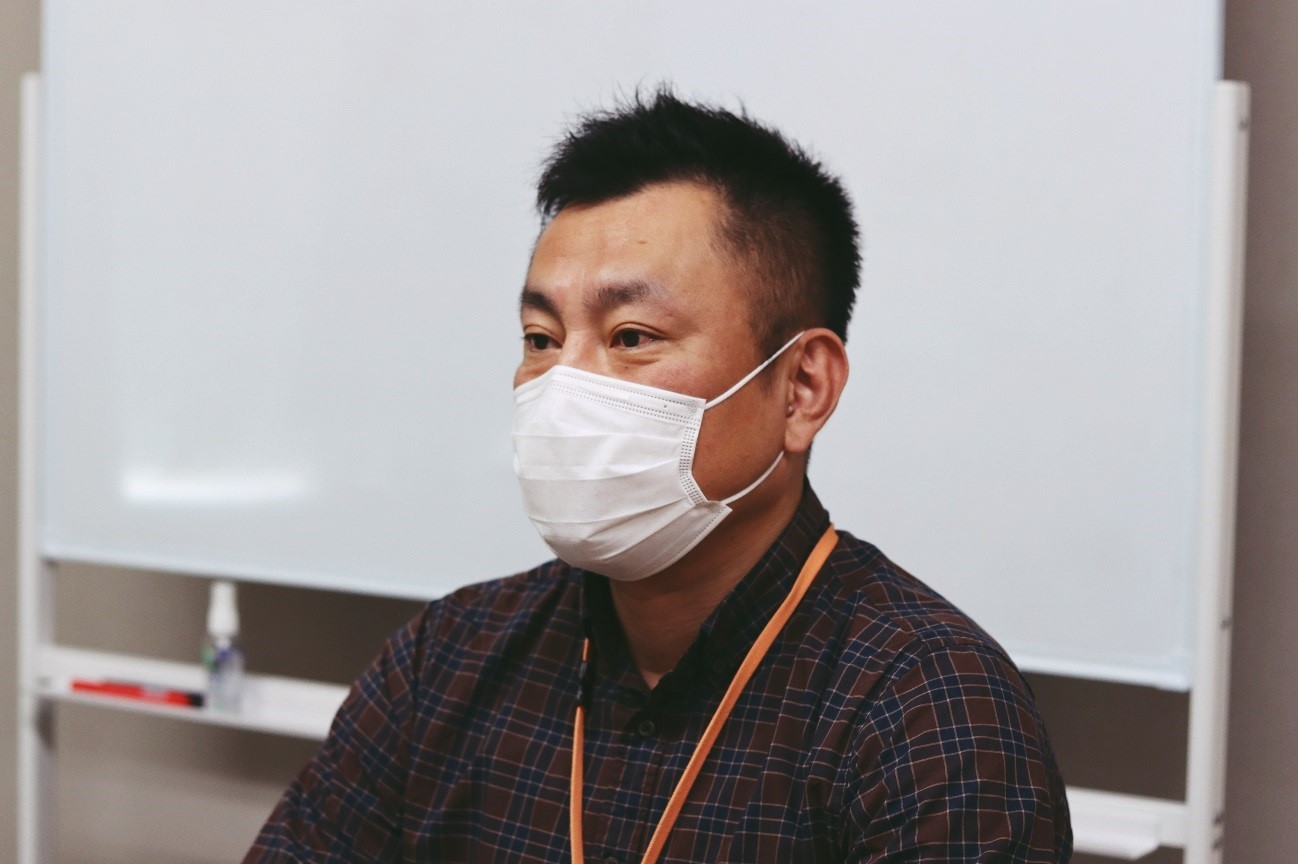
──Even at the cost of profits decreasing, you intend to invest in human resources and research to improve quality?
Shimura:
For us to make a profit from debugging, the basic principle is to make sales based on the denominator, that is to say the number of projects. As for how we can differentiate ourselves from other companies, the most important thing is how many talented people we have. Human resources are an asset in all quality assurance, not just game quality assurance. It is important to have human resources that suit the customer’s needs and human resources that can adapt to the customer’s policies. And I think the shortcut for us to become No.1 is to simply train people and improve the quality of our own quality assurance.
──Thank you very much.
PTW has experienced major changes and growth in recent years, but it seems that their success was not at all the result of a lucky hit that struck gold. The stance toward investing in training human resources and steadily pursuing quality is probably what has led to the company’s reputation within the industry. We look forward to seeing their future development.
PTW is currently looking for individuals interested in the following positions:
Video game and entertainment department customer support team leader (Nagoya, Japan)
NFT and blockchain debugging team leader (Nagoya, Japan)
[Writer, editor: Junichi Matsui]
[Interviewer, photographer, editor: Ayuo Kawase]
[Translator: Sean Parker Sullivan]

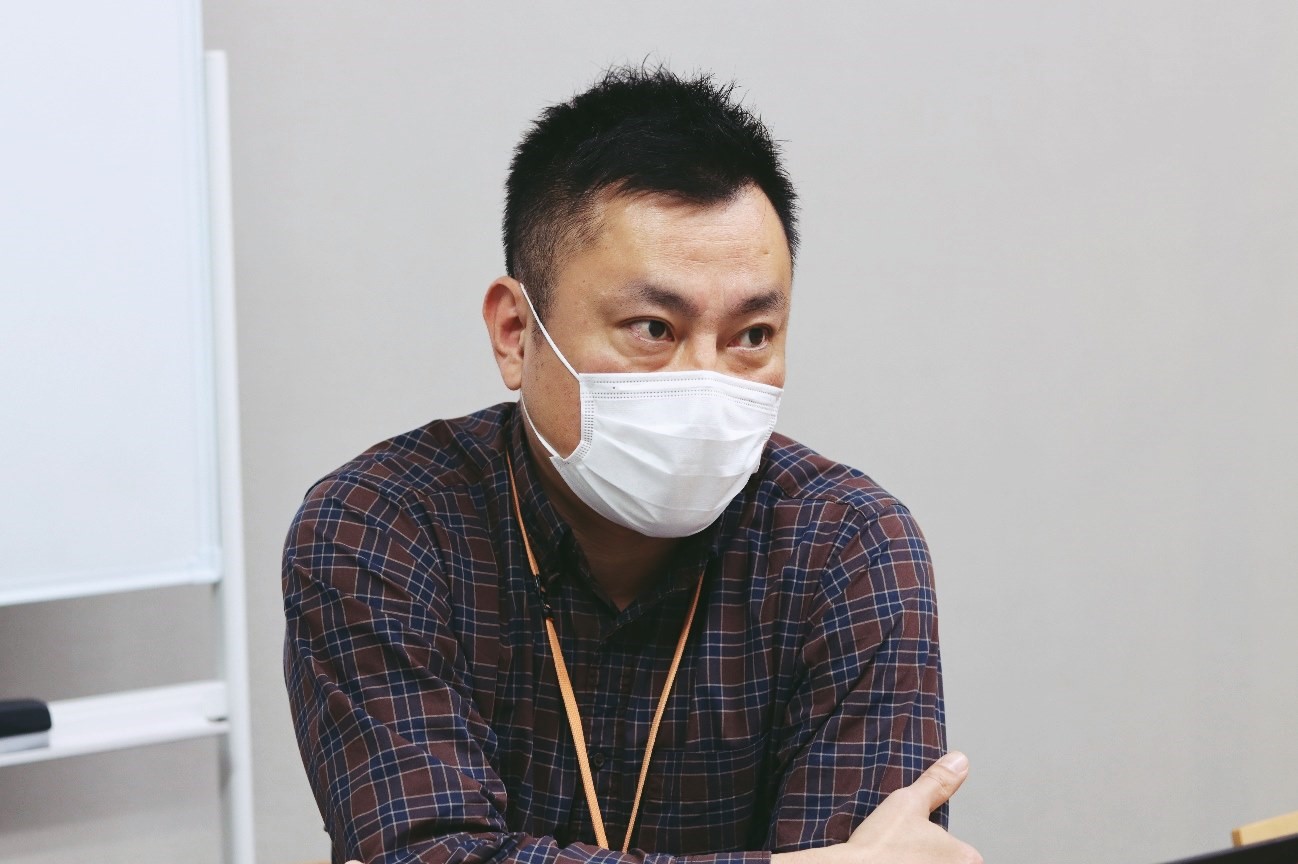



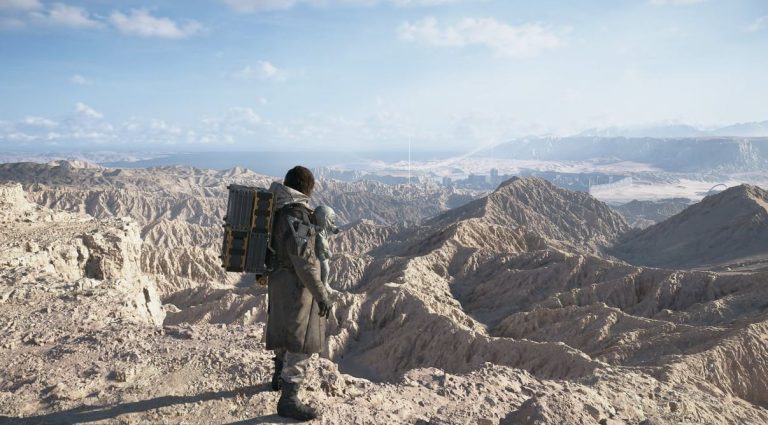
First, Thank you for the article, i always like these a lot, especially the one about Upscaling older 2D images and using AI was fascinating and this one is no different. Absolutely one of the best featured articles yet in my opinion that goes into everything behind the scenes in the Japanese Gaming industry.
I would like to mention something interesting about Mobile on the Western end looking in on the East because those of us who love Japanese games and the Japanese Gaming industry a lot were worried about the growth that Mobile had experienced and PS Vita not doing so hot, and the 3DS ending it’s lifecycle that everything would eventually head away from consoles and onto Mobile instead. The reason being is that America likes it’s power in graphics and high FPS count(Preferably high FPS) and sees mobile as no different than using your television to have video games on at least at the time.
Something that i thought about recently that i think PTW, and many others are beginning to notice in Japan and will be a realization in the West in a few years, is that Gachapon is an unsustainable model much like Live Service/GAAS is. This is due to timeshare and attention, on top of fast paced growth, too much money flowing in, too many people at once, than something organic. Besides there is only so many fish that can get caught in a single net and only so many people that can give their time to a single Gacha or GAAS that is demanding of their time and money as a whole. I highly doubt 10 million people can focus on 3 GAAS and be caught up daily, but i can believe they would easily be able to get through a single player experience and be able to beat 3 games within a month and have more time to spare. Mobile is in a bust cycle and will need a reset of expectations as a whole currently with it being secondary like it used to be.
One market i think many Japanese support teams with hardware debugging and optimization are highly missing out on especially PTW, are really ignoring very heavily is the PC Market with Steam. This is due to the fact that on Console there is already support teams ready to help out licensed by the console manufacturers themselves, for Debugging & Optimization but on PC you are kind of on your own, especially in Japan, which they kind of skip PC and go to Consoles, due to the fact they need to account for various hardware requirements and bugfixes, optimizations. Which is unfortunate because the Japanese userbase is 20-30 million on Steam or about as much as the Switch is currently selling right now, the chances of getting into the top 10 is highly likely and the store has great algorithms and recommendations for people to find their games easily. Also PC Users are not as judgmental about graphics as a whole but care about games running well on their machines and have admiration for patches and support studios as a whole. They always appreciate it and it can actually change bad reviews into good ones easily as a whole.
I do think Companies like PTW should open up a studio for PC Hardware Debugging & Optimizations and give support for various studios by advertising themselves at Tokyo Game Show and Tokyo Indie Game Summit at PC Booth’s and network by helping these companies and aspiring talents to get their games on PC with Debugging & Optimization support to help expand their reach of games, and for companies like PTW to expand their own reputation in the sphere within Japan. Hopefully it does happen and they do not make the same mistake twice.